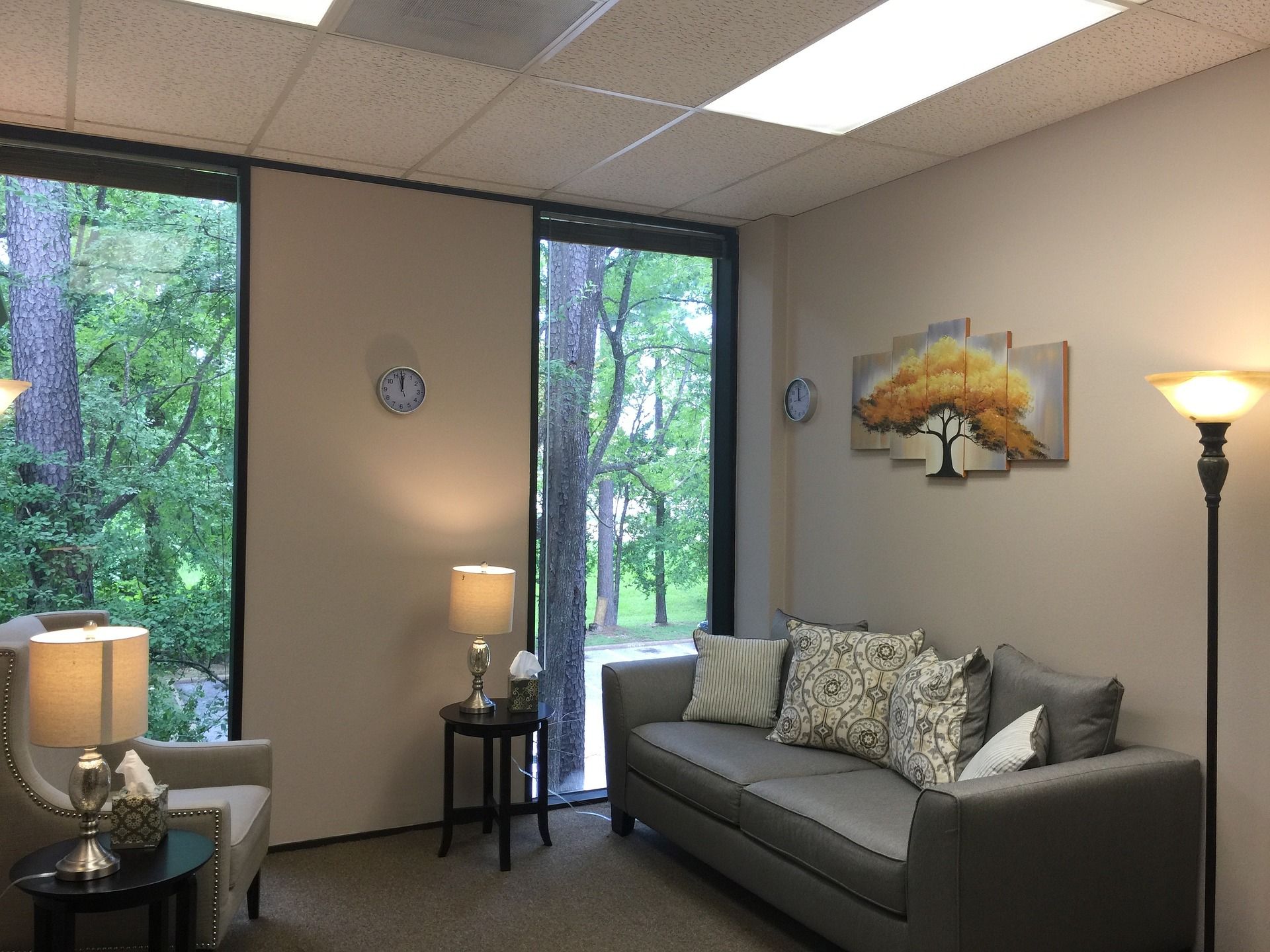How to Find the Right Therapist
StudyStream offers some tips on how to find the right therapist and what a good therapist might look like.

When you have reached the brave point in your life when you realize you need therapy. It can be overwhelming to know where to start. From private phycologists to state-funded counselors that have a long waiting list, it can be hard to find a therapist that suits your needs. StudyStream offers some tips on how to find the right therapist and what a good therapist might look like.
What is therapy?
Therapy is a talking treatment that has the purpose to improve your mental and emotional health. It is a safe space, offering advice and guidance for those who are struggling with any aspect of their life. There are many different ways that therapy can positively impact a person’s life. It can improve relationships, increase emotional intelligence and help people develop more effective habits and behaviors.
When is it time to go to therapy?
There is no one answer to this question. We all have different experiences, reactions, emotions, and traumas that need to be addressed. But one thing is for sure, you cannot be forced or coaxed into therapy by anyone else, you have to do it for yourself. When you decide that you need professional help, be proud of yourself for getting to a place where you accept you have a problem, and you want to seek a solution.
Types of therapists
Each type of therapy has a specific approach and one type of therapy that works for someone may not work for someone else. A popular therapy is Cognitive Behavioral Therapy (CBT), which is a type of therapy that helps people to understand their thought patterns and the way they respond to challenging situations. Another therapy is Dialectical Behavioral Therapy (DBT) which through a combination of individual and group therapy sessions teaches skills to regulate emotions. Then there is Eye Movement Desensitization and Reprocessing (EMDR) which is a therapy that helps those with trauma and attachment wounds.
Credentials and experience
Before you decide on your therapist, you need to know their approach or specialty. Are they experienced in working with children and adults? Do they have any other credentials in Autism, Anxiety, Trauma, or eating disorders? Finding a therapist is a personalized process because you need to know what you need help with. Of course, the most important thing to find out before you dive into their specialty is their license. You must check that the therapist you want to work with is qualified and recognized by a professional body that certifies people as therapists, psychologists, and psychiatrists.
Signs of a bad therapist
So, what happens when you think you find your perfect therapist and they are not what you expect? Sometimes, you may be paired with a therapist who is not suited to you and your needs. The signs of a bad therapist are easy to spot and the red flags you need to be aware of are how the therapist listens and responds to your struggles. If at any point you find yourself being shamed, insulted, or invalidated, you need to find a new therapist. Similarly, if your therapist is telling you what to do or making you feel uncomfortable, not being sensitive towards your beliefs, or breaking confidentiality, you should report them and find a different therapist.
How to find a therapist
The best place to start is Google. Yes, really. Searching online in official directories for therapists is a good starting point. Have a look to see if there is anyone out there that you are drawn to and you think matches all of your individual needs. Of course, this only applies if you are seeking private therapy. Many financial and family barriers may prevent a person from finding a therapist on their own and sometimes, especially if you go through a doctor referral, you don’t get to choose your therapist.
But if you are ever paired with a therapist that does not suit your needs, you should request a new one. Waiting lists can be frustrating and free therapy has the downside of not knowing who your therapist might be, but the one upside of private therapy is choice. Whatever your situation, be proud of yourself for taking the first step in going to therapy, even if this isn’t your first time talking with a professional when you allow yourself the opportunity to get help, you are halfway to healing and becoming the best version of yourself.
